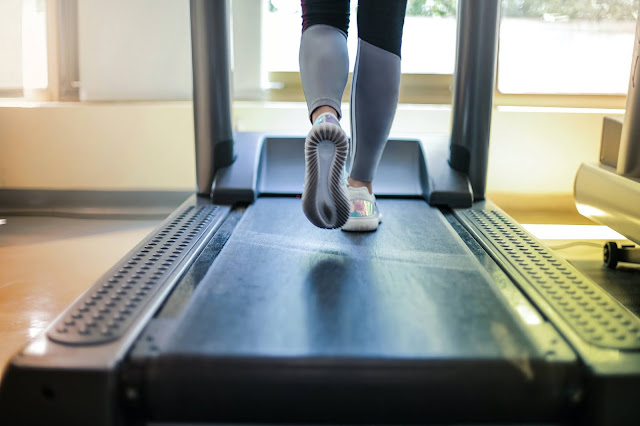Who could benefit from exercise and behavioral treatment?

Who could benefit from exercise and behavioral treatment? Depression study suggests it may be possible to predict who would benefit. Aerobic exercise benefits young adults with major depression, and a study suggests it may be possible to predict those who would benefit from behavioral therapy with practice. Unique to this precision medicine study is assessing cognitive control and reward-related brain activity, two facets of brain function that are impaired in people with depression. Aerobic exercise benefits young adults with major depression, and a Rutgers-led study suggests it may be possible to predict those who would benefit from behavioral therapy with practice. "Our study needs to be replicated, but the precision medicine approach of predicting who may or may not benefit from exercise as an antidepressant is provocative," said senior author Brandon L. Alderman, an associate professor in the Department of Kinesiology and Health in the School of Arts and Sciences at Ru...


